Month
- February 2026
- January 2026
- December 2025
- November 2025
- October 2025
- September 2025
- August 2025
- July 2025
- June 2025
- May 2025
- April 2025
- March 2025
- February 2025
- January 2025
- December 2024
- November 2024
- October 2024
- September 2024
- August 2024
- May 2024
- December 2023
- November 2023
- October 2023
- September 2023
- August 2023
- July 2023
- June 2023
- May 2023
- April 2023
- March 2023
- February 2023
- January 2023
- December 2022
- November 2022
- October 2022
- September 2022
- August 2022
- July 2022
- June 2022
- May 2022
- April 2022
- March 2022
- February 2022
- January 2022
- December 2021
- November 2021
- October 2021
- September 2021
- August 2021
- July 2021
- June 2021
- May 2021
- April 2021
- March 2021
- February 2021
- January 2021
- December 2020
- November 2020
- October 2020
- September 2020
- August 2020
- July 2020
- June 2020
- May 2020
- April 2020
- March 2020
- February 2020
- January 2020
- December 2019
- November 2019
- October 2019
- September 2019
- August 2019
- July 2019
- June 2019
- May 2019
- April 2019
- March 2019
- January 2019
- December 2018
- November 2018
- October 2018
- September 2018
- August 2018
- July 2018
- June 2018
- May 2018
- April 2018
- March 2018
- February 2018
- January 2018
- December 2017
- November 2017
- October 2017
- September 2017
- August 2017
- July 2017
- June 2017
- May 2017
- April 2017
- March 2017
- February 2017
- January 2017
- December 2016
- November 2016
- October 2016
- September 2016
- August 2016
- June 2016
- May 2016
- April 2016
- March 2016
- February 2016
- January 2016
- May 2015
- May 2014
Cambodian Scholar Research Fellowships – Center for Khmer Studies
CKS invites Cambodian PhD holders and doctoral students to apply for research fellowships in the social sciences and humanities.
Extended application deadline: January 31, 2026.
For more information and to apply, visit: https://khmerstudies.org/programs/cambodian-scholar-research-fellowships/

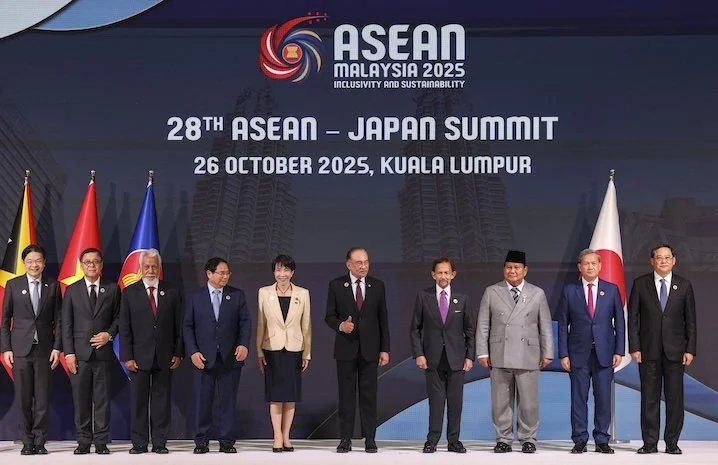
![[Recording] Decline of Rights in 2025: Conflict, Aid Cuts, Democratic Backsliding — 2026 World Report Asia Release](https://images.squarespace-cdn.com/content/v1/657a0c3cd9317f7b22ebbb67/1770852789112-BOFIPEPQ4DPB10Q868OK/sddefault-6.jpg)
![[Video] How Will Thai-Cambodia Conflict Affect Thailand’s Choice For Next Leader? | Insight](https://images.squarespace-cdn.com/content/v1/657a0c3cd9317f7b22ebbb67/1770852619547-PDU2JAY59XVARY9QC7RM/sddefault-5.jpg)

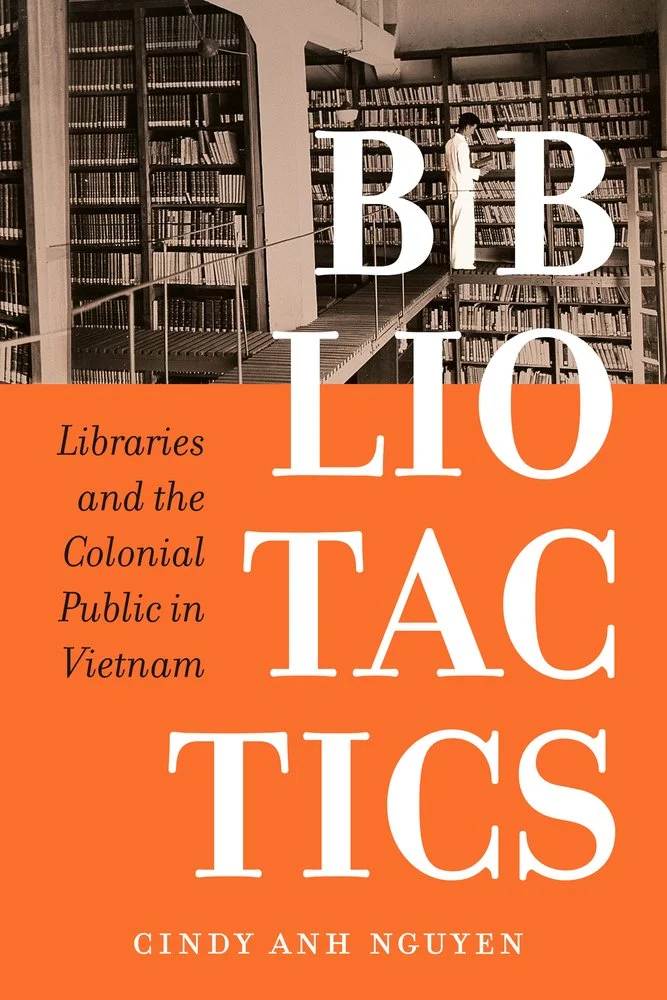


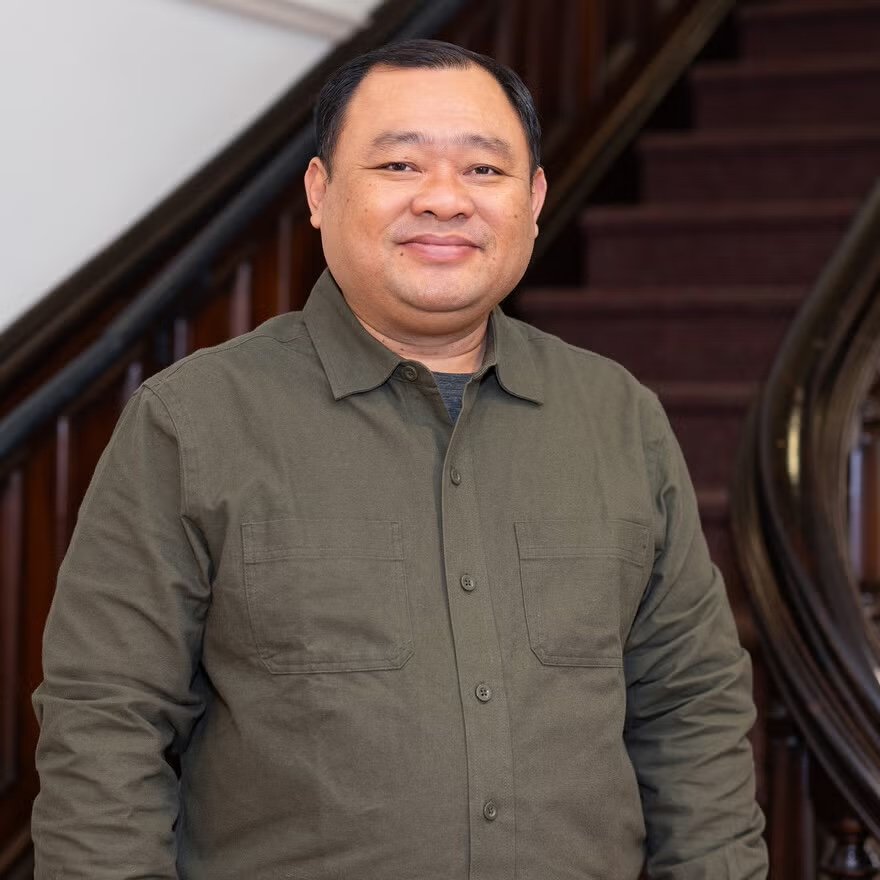


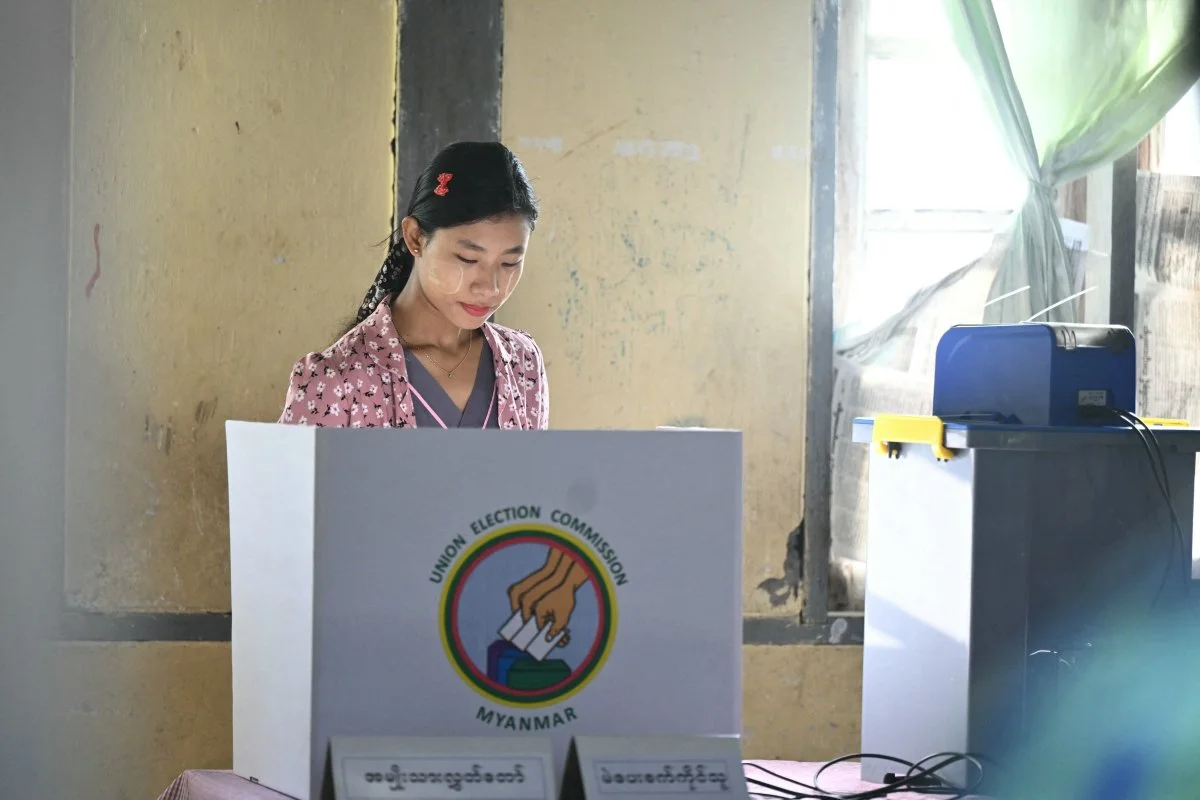
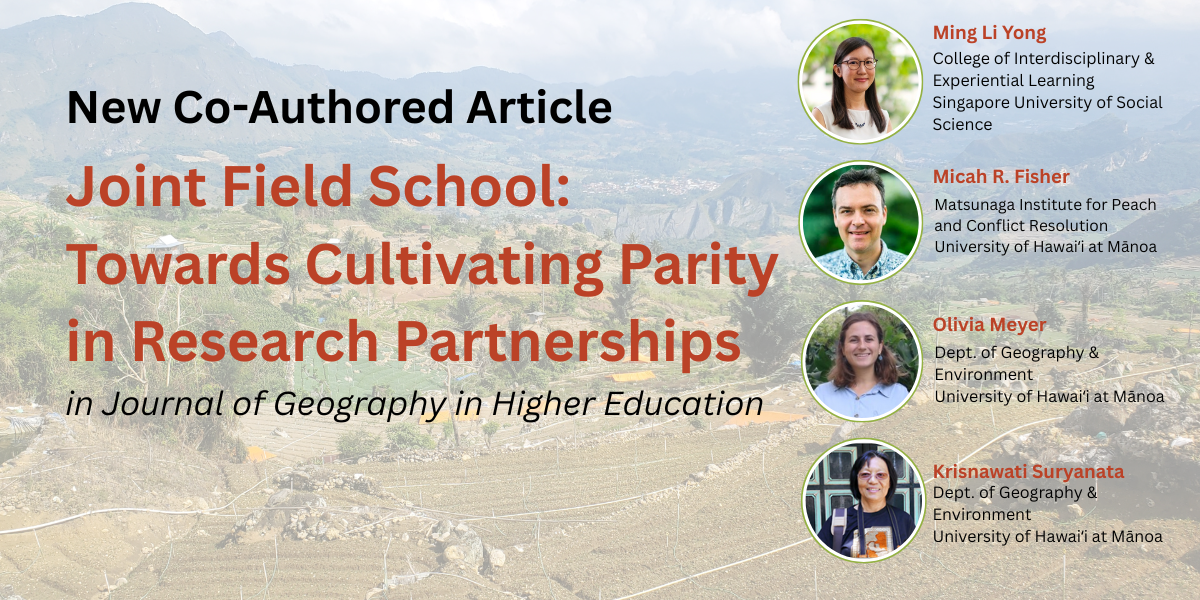
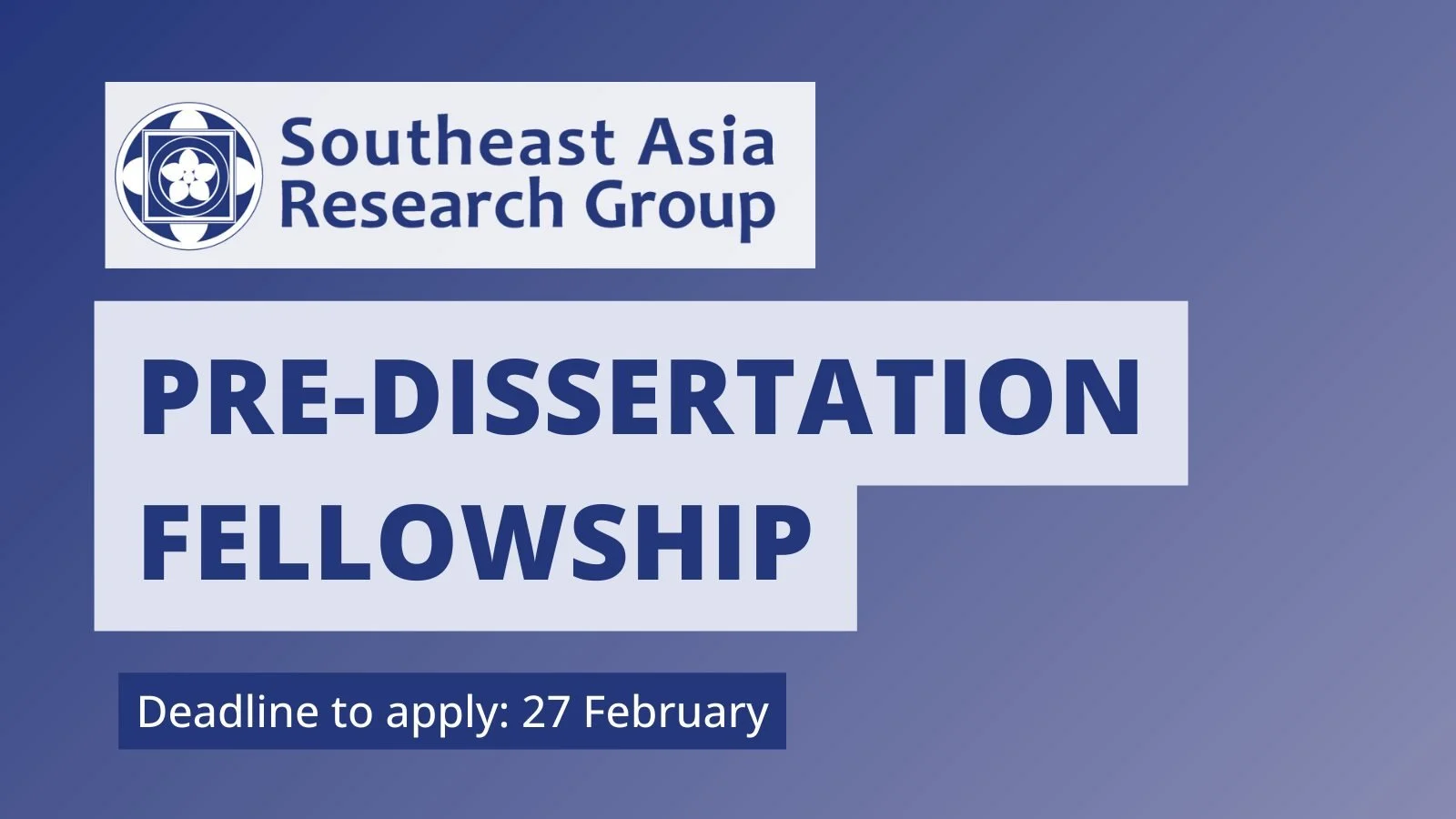
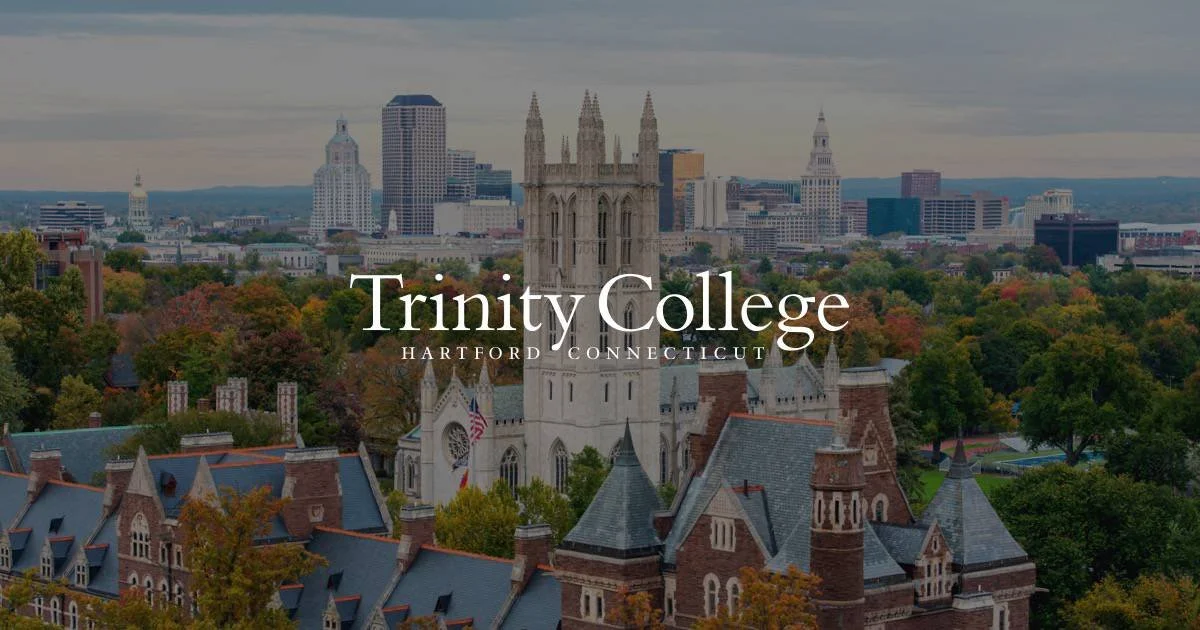
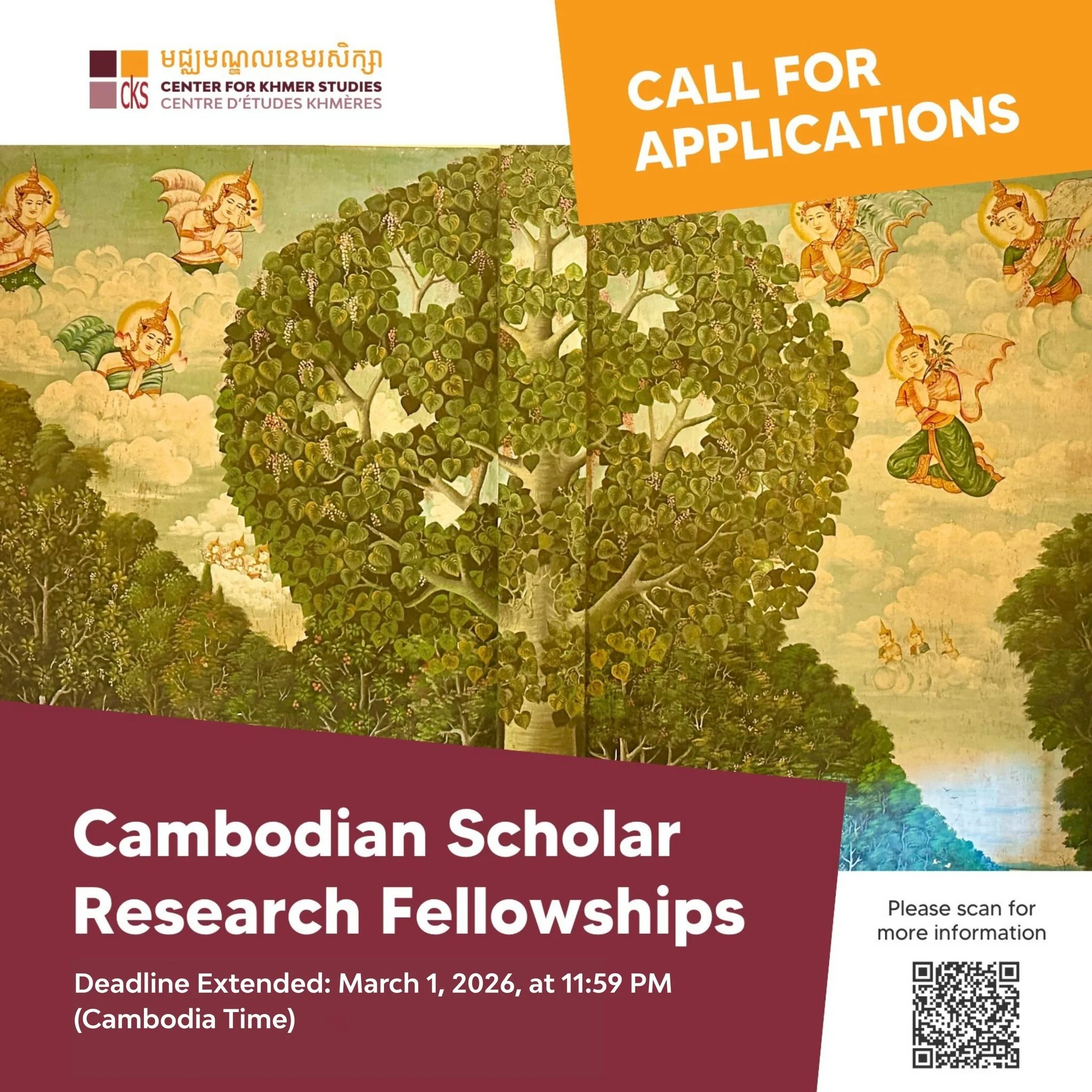
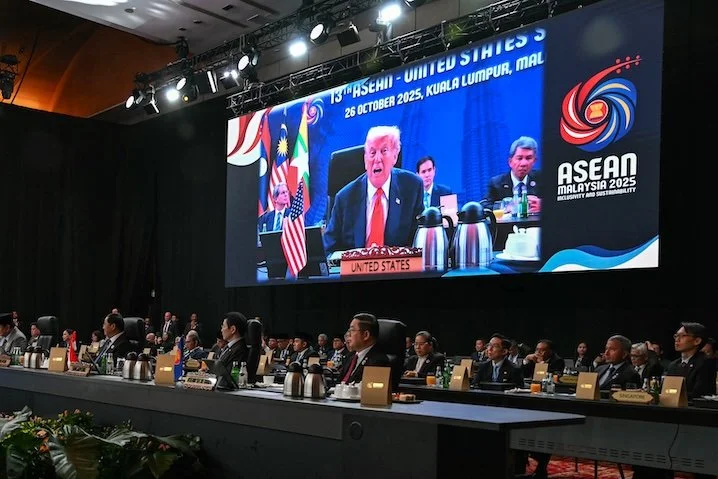
![[Video] WagTalks: Presidential Policy — U.S. Development and Global Health Assistance with John Gershman](https://images.squarespace-cdn.com/content/v1/657a0c3cd9317f7b22ebbb67/1770403549366-78B8G2VKIZHOZJXAK2SQ/sddefault-4.jpg)
![[Recording] The Challenges of International Funding for Myanmar’s Civil Society Organizations](https://images.squarespace-cdn.com/content/v1/657a0c3cd9317f7b22ebbb67/1770403323446-SBFSDTJQ5QN4CT3C8BV2/Screenshot+2026-01-27+at+1.59.42%E2%80%AFPM.png)